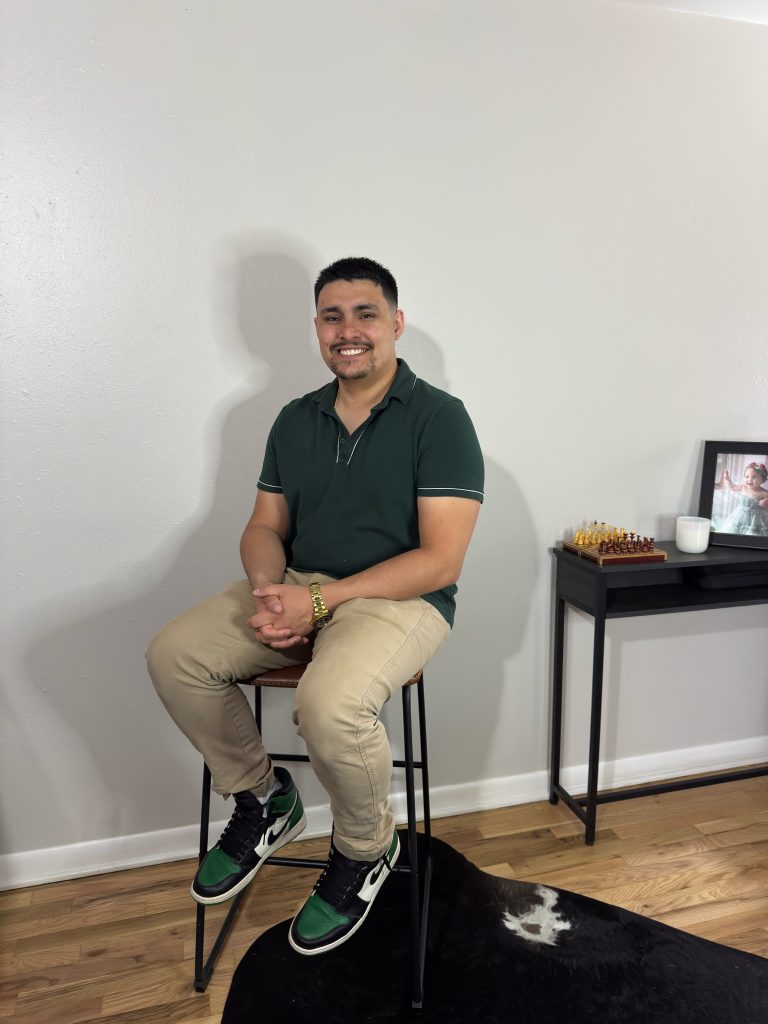» Unveiling the Legacy of Avery: Mateo Mérida
This is a part of an ongoing series featuring the reflections of past Avery Research Center employees, interns, and undergraduate and graduate students.

I immediately recognized that Avery is a sacred place. As Erica gave me my first tour of the building, I quickly realized that I was not there merely to make copies, shelve books, or schedule appointments. Instead, my real responsibility was to protect, celebrate, and elevate the experiences of an oppressed but resilient community of people—a community that I am not a member of.
During my time at Avery, I took on many tasks: assisting in curating exhibits, preparing finding aids, and prolifically writing blog posts. With every project I worked on, I began to intimately appreciate the Black Lowcountry and its history in a way that awakened my memories of growing up in Denver, Colorado.
Much like the Gullah Geechee people, the ancestors of Chicane people have lived in the Southwestern United States for hundreds of years. Yet, despite that profound legacy, they have endured systemic oppression across every sphere of life—education, labor, the economy, and the environment. While I do not speak Gullah Geechee, I remember the stigma attached to my community speaking Spanish in public spaces. I also recognize the mistrust of institutions that claim to support our communities but often criminalize and marginalize them.
The Avery taught me what it means to practice solidarity. Despite the cultural differences between our communities, our shared experiences with oppression are undeniable. I understood that if I truly love my own people, I am also called to uplift, honor, and serve communities beyond my own. Whether participating in food drives, setting up events with Darius, reviewing Erica’s edits on my writing, or pulling files for Aaisha, every moment at the Avery shaped me into a better scholar, community member, and teacher.
Since graduating, I have continued this work in my community. I am now in my second year teaching in Denver Public Schools, at South High School, where I proudly teach Ethnic Studies to incoming freshmen. Many of my students come from the same neighborhoods I grew up in. I teach them their histories and the shared struggles and resilience of oppressed communities everywhere. Together, we learn to recognize the systems that attempt to divide and oppress us, and how our collective liberation is bound together.
Working at the Avery was one of the most impactful experiences of my life. I am proud to carry the lessons I learned there back to my own barrio—so that we may all learn from one another how to build a better, more just world.

